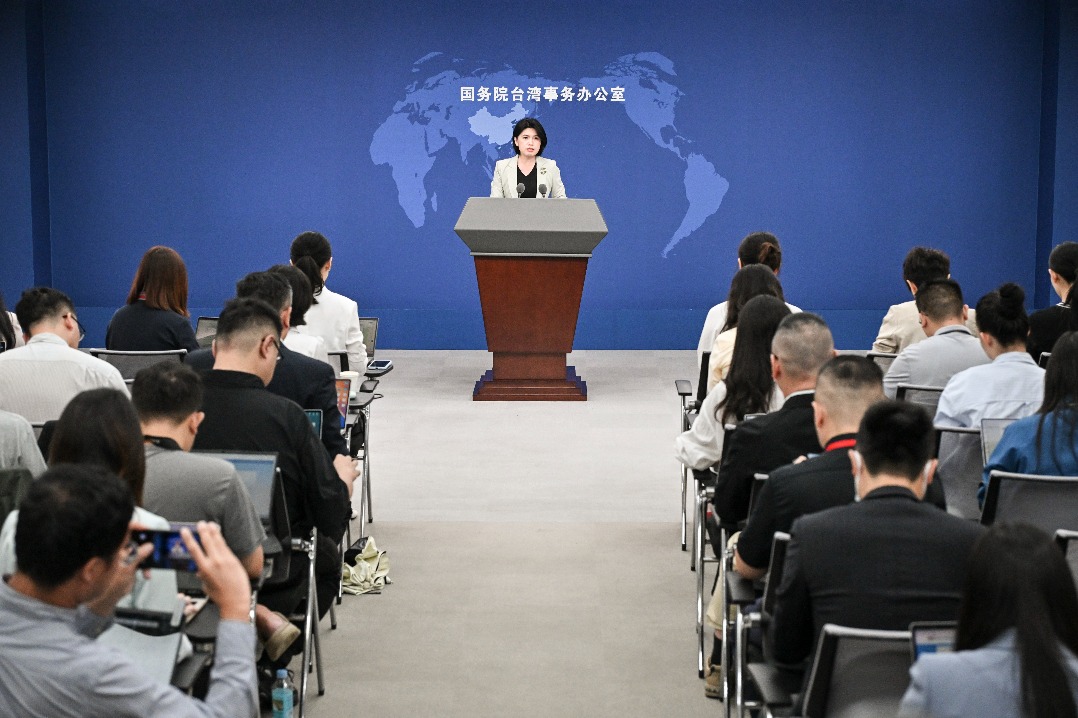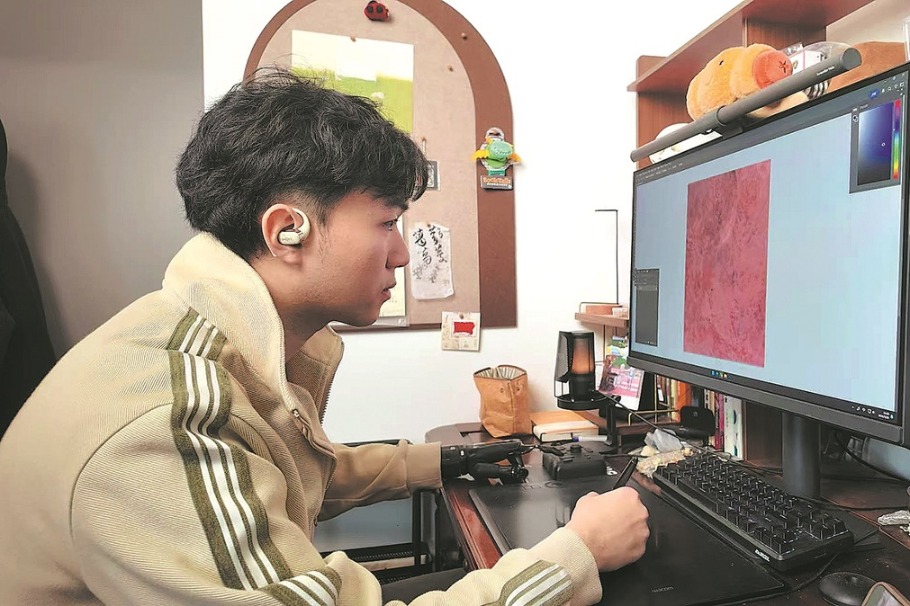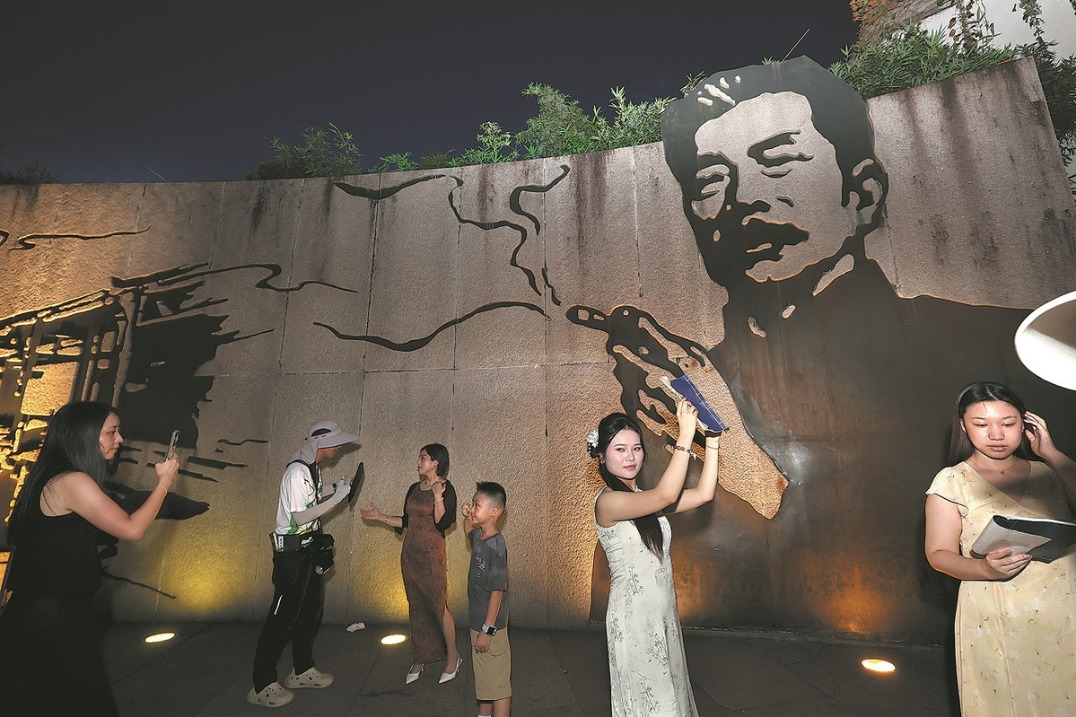The rush is on for H-1B work visas

For Zhang Zhenghao, a statistics analyst who graduated in 2012 from the University of Tennessee with a master's degree, this year is his last chance to get a prized H-1B visa before his student visa expires.
"Last year, the company I worked for did not support my H-1B visa," said the 28-year-old Zhang who is working at a software company in New York. "This year, they finally do. But I am worried about whether I can get one due to the huge number of international students compete for it."
The H-1B visa classification is designed for foreign workers who will fill a professional occupation that requires at least a bachelor's degree or equivalent. The visas are given on a first-come, first-served basis. In 2013, the available H-1B spots lasted for only seven days.
The application period started on Wednesday. It ends when the congressional-mandated quota is reached. That number is 65,000 for the fiscal year 2015 beginning Oct 1.
Another 20,000 H-1B visas will be awarded for those with a master's degree or higher degrees from US educational institutions by the US Citizenship and Immigration Services (USCIS), which process the applications.
USCIS anticipates receiving more than enough petitions to reach both caps. The agency will use a random selection process to meet the numerical limit. Cases not selected in the lottery will be rejected, and the filing fees won't be cashed. It costs about $1,820 for an H-1B petition, which includes various fees.
Last year, the government received 129,000 H-1B visa applications, almost double the quota. On April 7, USCIS held a computer-generated lottery to decide who would get a visa, the first such lottery since 2008 when the global recession hit the US job market.
Wang Ying is a 25-year-old master student who graduated from American University in last summer said as an international student major in Marketing; find a job in the US is already hard enough due to the language and culture issues.
"I worked as an un-paid intern for five months and worked so hard to get the job. But now whether I can get an H-1B working visa could be decided by a computerized draw of lots makes me feel frustrated," she said.
Many US companies, especially in technology, say they need the successful visa applicants to fill vacant positions. Some unions maintain that companies use the visa program to hire lower-paid foreign workers.
After the lottery was held in 2013, the US Congress was working on immigration reform legislation, and is considering a revamp of the H-1B program that may raise the quota based on demand and eliminate the lottery. But such legislation has yet to be passed.
Fang Peng, a New York-based lawyer whose office handles visa applications, said that politicians saying they are working on immigration-reform legislation is simply a strategy to attract more votes.
Fang said the competition for an H-1B working visa is getting fierce this year and the chance to receive one is getting smaller.
"We received almost double H-1B cases in 2013 compared with the previous two years. But this year we received 35 to 40 percent more compared with last year."
Fang also noted that in the past most Chinese students who sought the H-1B visa were computer and electrical engineering majors, but that this year many students majored in business, video production and architecture.
He said the large number of H-1B applications that his office received would signal that the US economy is getting better and companies feel confident enough about the economy to hire more foreign workers.
According to the US Department of Commerce, international students contributed more than $24 billion to the economy in the 2012-2013 academic year, an increase of 5.7 percent compared with 2011-2012 academic year.
Data released by the Institute of International Education and the US State Department in November 2013 show that the number of international students registered at US colleges and universities increased by 7 percent to a record high of 819,644 in the 2012-2013 academic year. Among those, Chinese represent the highest percentage, up to 29 percent. Students from India are the second-largest group, accounting for 12 percent.
haidanhu12@chinadailyusa.com
?
Today's Top News
- Tajikistan looks to China for deeper ties
- High-tech manufacturing lifts industrial profits
- Avenue blooms with flowers to mark victory
- Mainland slams DPP for distorting WWII history
- Northeast Asia trade in focus at Jilin expo
- Organic agriculture forum unites global experts in Datong































